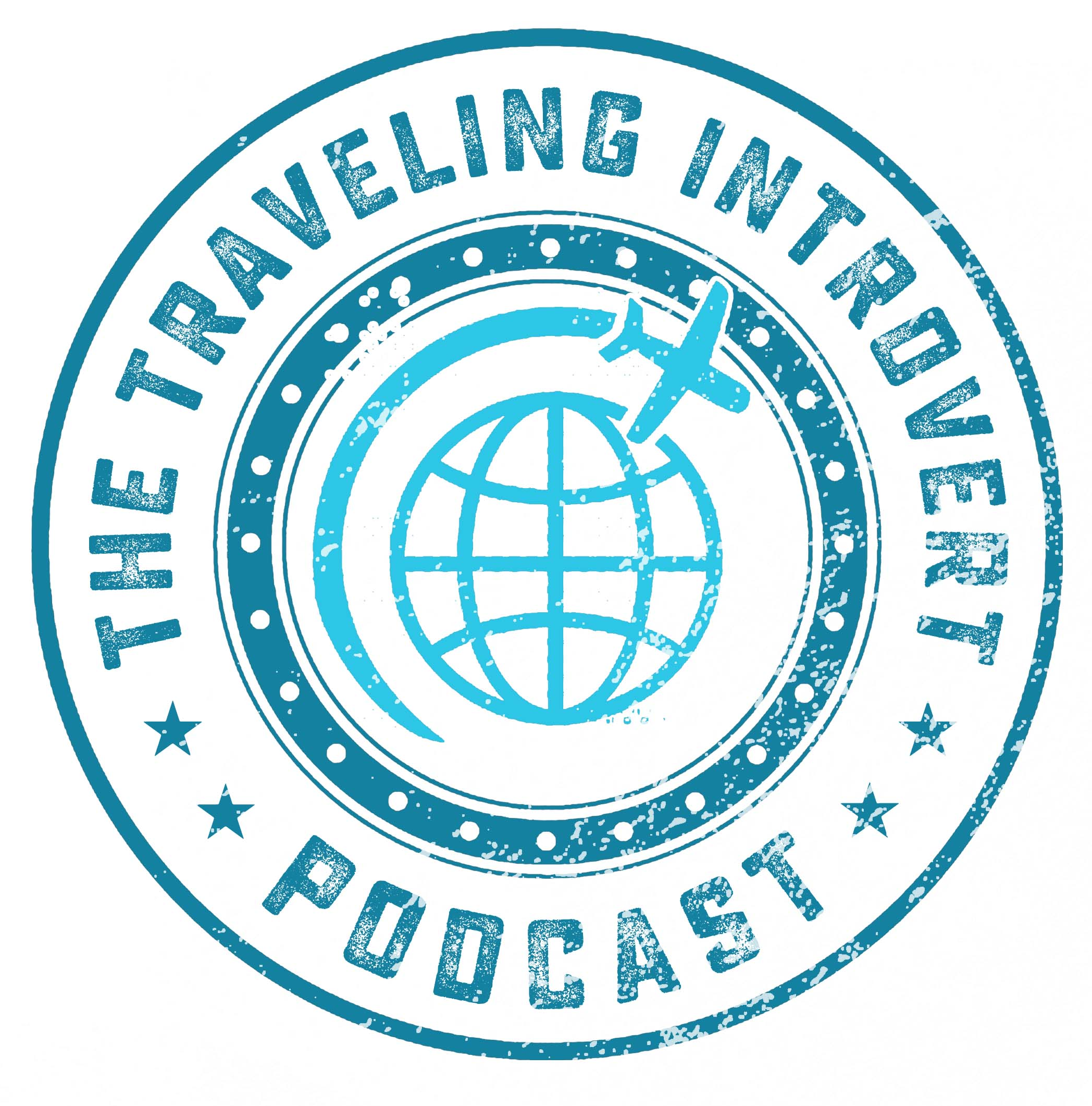Episode 400
Improving Performance Reviews for Introverts
Current Issues with Performance Reviews
- Bias towards extrovert characteristics
- Stress and burden on managers
- Annual review process being cumbersome
- Time constraints and stress
Suggested Improvements
Asynchronous Work and Written Feedback
- Benefits of written feedback
- Time for introverts to reflect and process
- Timing of feedback delivery
- Importance of not sending feedback last minute
Allowing Processing Time
- Time to think before responding during meetings
- Importance for introverts to give their best answers
Multiple Formats for Feedback
- Different preferences: written, verbal, recordings
- Flexibility in feedback formats
- Tailoring to individual needs
Creating a Safe and Collaborative Environment
- Emphasis on psychological safety during reviews
- Supportive and non-intimidating review environment
- Collaborative approach vs. confrontational approach
- Reducing defensiveness to improve feedback reception
Understanding Individual Preferences
- Asking team members how they like to receive feedback
- Preferences: on the spot, later, via email, etc.
- Importance of honoring these preferences to ensure effective feedback
Transcript
Hello, and welcome to the traveling introvert. Today, I want to talk about performance review process, and, actually, what I'd really like to do is talk about how it could be improved and or empower introverts that you work with, not just the extroverts. It so happens that a lot of performance review processes are often structured in ways that consciously or unconsciously sort of benefit extroverts or extroverts characteristics or extrovert tendencies more. And so by just tweaking some things and tailoring the process to fit the way that everyone kind of communicates and everyone's uniqueness, the experience can become more empowering in general, and you want your performance review process to be empowering for your individuals. You want them to see a clear career path. You want them to see their growth. You want them to be engaged, so building a more inclusive review process should be a really key part of that. Now there is, of course, the fact that really the review process should not be something that is done once a year, but I also know that for managers, review processes tend to be very cumbersome, very burdensome, and very time sucking, which is why whenever it comes around, managers are super stressed, they don't have enough time, they've gotta do their entire team, but they've also gotta do the people above them, they've gotta do their peers, and they just feel kind of stressed and overwhelmed by general sort of performance reviews, and it could be because of the way that they're done, it could be because of the frequency.
Janice Chaka [:I do understand that. And so doing a lot of the work asynchronously can be helpful. Thinking about the benefits of written feedback. Introverts often sort of prefer time to reflect, so providing the written feedback before the review meeting allows them time to process and come prepared for discussion. To be honest, it's good for everybody. And allowing that time for reflection. Don't send the feedback 20 minutes before the call. I get it, you probably forgot, or you didn't get it in on time, or whatever happened, but that's not helpful.
Janice Chaka [:So allowing that time, making sure that you don't put people on the spot. And also, even during that conversation, giving introverts time to think before responding to questions or feedback, they need to be able to process, to be able to give their best answer from their best selves. Another great thing would be to offer multiple formats for feedback. Heck, it doesn't just have to be written. Some people prefer written responses, Some people prefer verbal responses. But make sure that they're all available. Offer that flexibility. So this isn't an introvert extrovert thing.
Janice Chaka [:This is just a humans are unique and their brains work in different ways. We all take in information differently. So making sure that maybe there's a maybe not a video, but a voice recording and a written and with a transcript, whatever it might be, so that people can think about that. And the most important thing, and this takes work, this isn't a one off, this just happens during a performance review, is make sure that you do create that safe space, that psychological safety. Have a review environment that is supportive and isn't intimidating. You can emphasize this is a collaborative thing, not a me telling you in a top down sort of a thing. Because when people think it's collaborative rather than confrontational, you get a different response. People stop being defensive because if they feel that they're being attacked, the automatic thing is to be defensive rather than actually taking the feedback, which is what you want to do.
Janice Chaka [:Because half of the performance review process is feedback, good, bad, or otherwise, and people aren't gonna take that in if they are defensive. So you as a manager or as a leader have a mission to create a safe space for everybody within your team so that they can feel okay getting and receiving feedback. Have you ever asked your your team, members in your team, how they like to receive feedback? Do they like it on the spot? Do they like it later? Do they like an email and then sort of talk and have a meeting about it? What is that preferred way of dealing with confrontation or feedback? Because we all take it in differently and if you're continually giving someone feedback in a way that is jarring or unsafe for them, you're doing yourself and them a disservice. It's nice to think about that when you're thinking about your performance review process, no matter what HR has set up for you, how you can soften it and make it a more collaborative, inclusive process for all. Thank you for listening. This is Janice at the Career Introvert, helping you build your brand and get hired. Have a great rest of your week.



